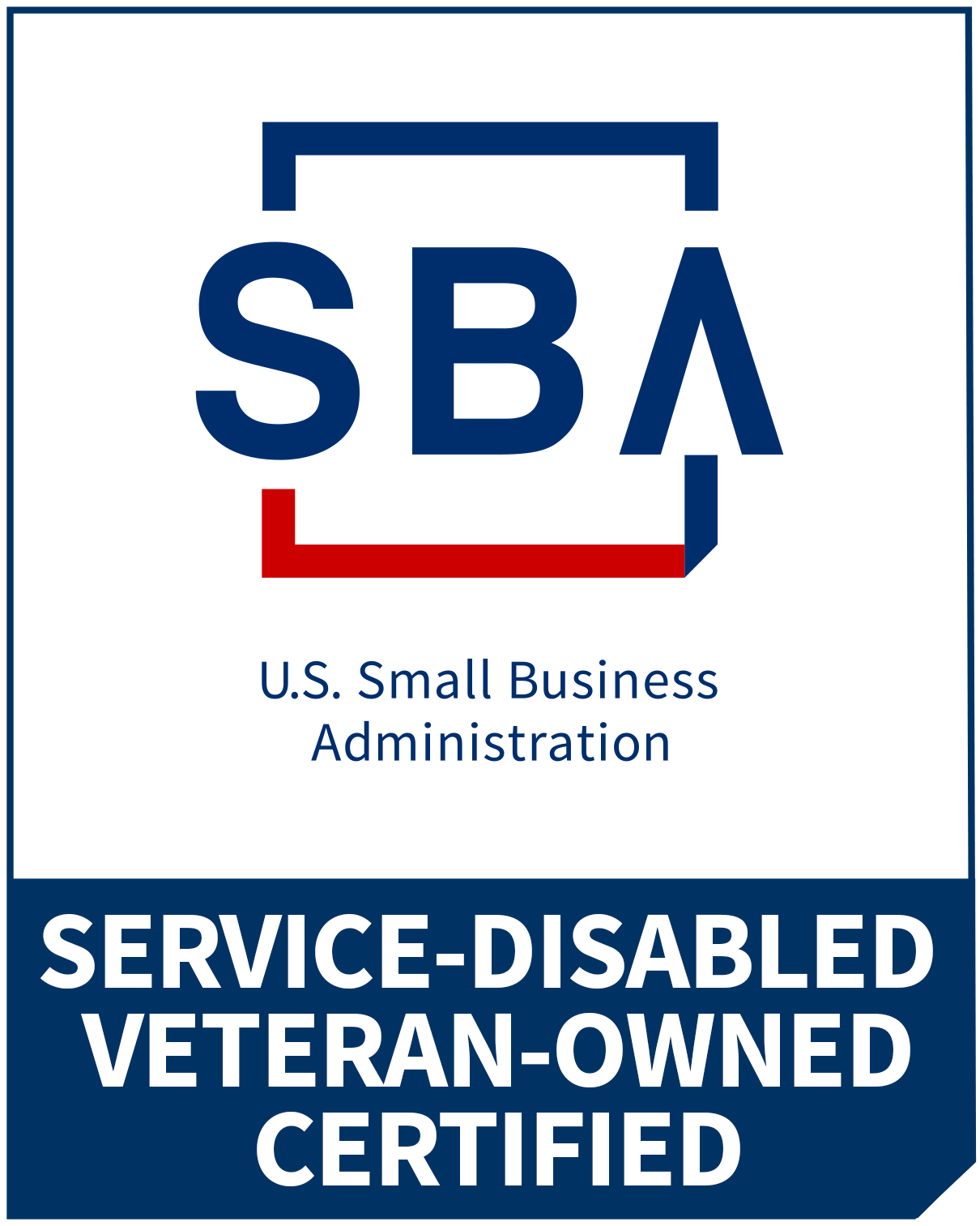As a math and stats professor, I assign a lot of homework (my cadets can attest to that), but that homework is distinct from the exams I administer. That’s because the purpose of each is different.
When we give homework, the purpose is for practice and learning; getting better at stuff, which is often pretty tremendous to watch from the teaching perspective, because in a lot of topics I teach, that’s going from zero knowledge to proficiency in a short amount of time. Homework, and the errors made during the process of completing it, is part of the learning process: We fail in homework so we know how to recover and do things right; nobody’s expected to get the homework perfect, certainly not in the first try…that’s why students take it home and work on it, bringing it back when they’ve completed it properly (oftentimes with the aid of a correct answer in the back of the book to check their work).
Conversely, when we administer exams, those are an assessment of mastery of the subject material. By the time students get to the exam, they should be familiar enough with the concepts and how to do what they’re learning to demonstrate proficiency. In fact, the homework plays a huge role in obtaining that knowledge in the first place (try, try again, and all that). Here’s the thing that this all leads up to: The last thing a cadet wants to gain from a test is knowledge…the time for that has passed, and he or she needs to have it by then!
What does this have to do with CX? Well, I’m often in a quandary when people ask, “How do you handle negative feedback from surveys or your broader VoC program?” I scratch my head, because, as I’ve written before, the purpose of your Customer insights efforts should be explicitly looking for that negative feedback. Some people ask for feedback with the wrong goal (find out where we are), which makes them eager to see good results because they don’t want to fail or look bad. But brands that go looking for Customer feedback for the right reason (so they can identify where they can improve and then, well…go improve) never tire of negative feedback because that’s what they want: They feed on negative responses because that’s the whole point!
It occurred to me the other day, this is a lot like exams versus homework. Some brands treat VoC inputs like a test: We want to demonstrate our proficiency in excellent Customer Experience. See how great we are? We’re in the top 10% of our industry! (Forget that those are all flawed guesses at best…and if you don’t believe me, just ask yourself how many of your competitors you’ve told what your unvarnished, absolutely true top-line CX metrics are.) It goes along with thinking that the VoC is the end of your CX process: We worked very hard, did a lot of Customer-loving-type things, and look at our scores! It’s like how students see the exam at the end of the course of material: I’m demonstrating my proficiency with the material. See? I learned all this stuff and have shown you so by scoring high on your test of my knowledge.
But the VoC isn’t a test…it’s homework. It’s there to show you the way and highlight where you may be struggling. Yes, it’s part of your overall semester grade, and you should take it seriously (would that more of my cadets did!), but it’s not supposed to be a chance for you to strut your stuff. It should be a challenge, it should identify weak areas for you to shore up, and yes, it should mean you don’t always like how it comes out. But being diligent about it means the most important thing in education as well as in CX: You’ll be learning and getting better as a result.
So get smarter about your Customers’ insights: Don’t treat them as a test, looking to see ‘how you’re doing’ or assessing where you are at the end of your efforts. See them instead as homework, looking for where you need to improve your performance because you’re not quite there yet and need to improve and learn. This will make all the difference in what you get out of it.




